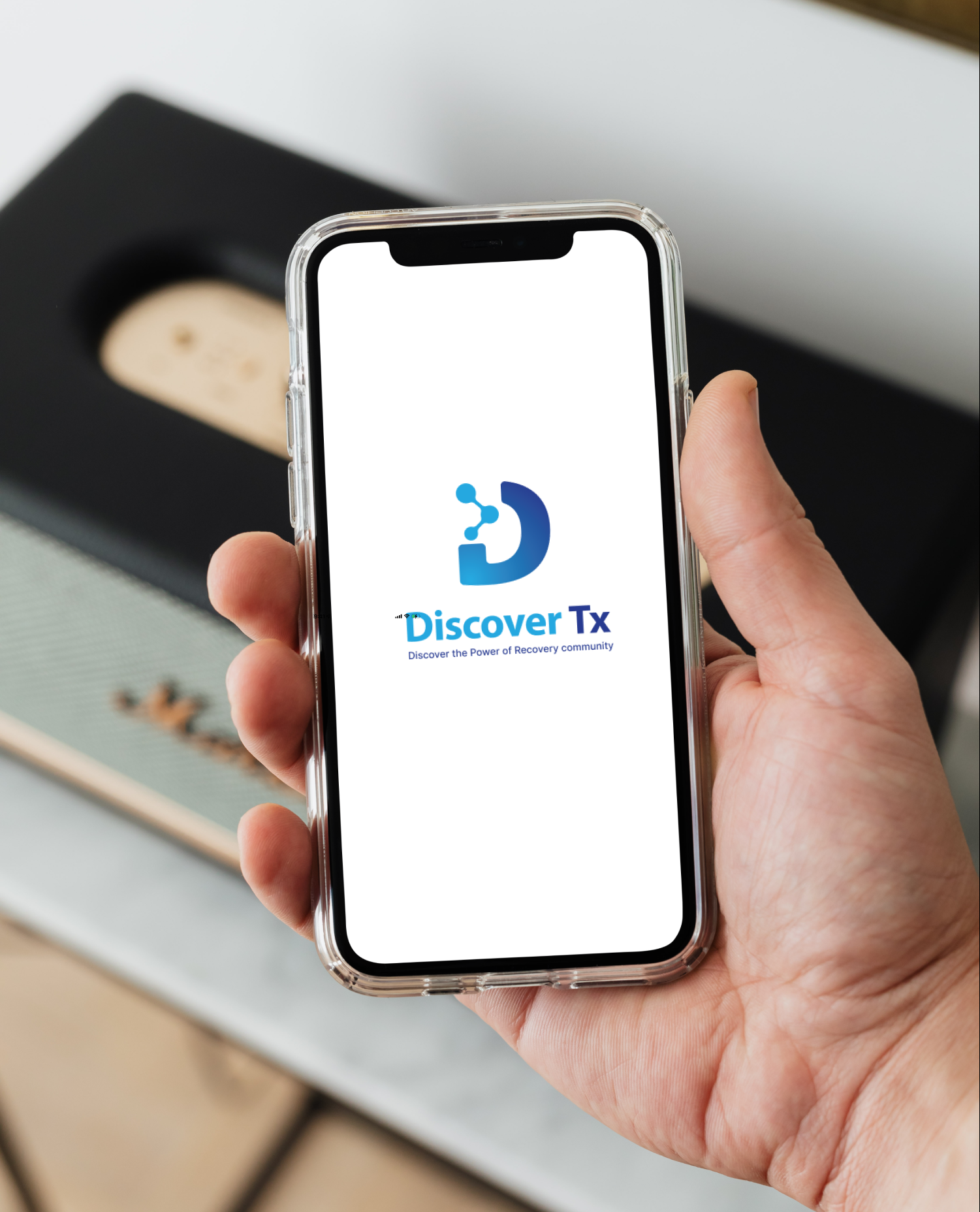
How Patient Engagement Apps Improve Medication Management
Technology in healthcare plays a crucial role in transforming patient care and management. One area where innovation is making a significant impact is medication management, with patient engagement apps emerging as powerful tools in this regard. As healthcare providers and patients alike recognize the importance of adherence to medication regimens, these apps are proving to be valuable allies in promoting better health outcomes.
This blog explores the various ways in which patient engagement apps are revolutionizing medication management and creating a more collaborative and proactive approach to healthcare.
Understanding the Challenges in Medication Management
Medication management is a complex process that involves more than just prescribing and dispensing drugs. It requires consistent adherence to medication regimens, timely refills, and effective communication between healthcare providers and patients. However, non-adherence remains a significant challenge in healthcare, leading to suboptimal treatment outcomes, increased healthcare costs, and even life-threatening consequences.
Read Also, Trends and Developments in Patient Engagement App Technology
Patient Engagement Apps
Patient engagement apps act as bridges, connecting healthcare providers and patients in real-time. These apps leverage the widespread use of smartphones and the accessibility of digital platforms to empower individuals in taking control of their health, especially in the management of medications. Let’s get into the ways these apps are making a positive impact.
1.Medication Reminders and Schedules
Patient engagement apps come equipped with customizable medication reminder features, ensuring that patients receive timely alerts to take their prescribed medications. These reminders can be tailored to match the specific dosage and timing requirements of each medication, helping individuals stay on track with their treatment plans.
2. Personalized Medication Plans
These apps provide patients with personalized medication plans, including detailed information about each prescribed drug,
potential side effects, and interactions. This not only enhances the patient’s understanding of their treatment but also encourages informed decision-making and fosters a sense of responsibility for their health.
3. Real-Time Medication Tracking
Many patient engagement apps offer features that allow users to track their medication intake in real-time. This data can be shared with
healthcare providers, offering valuable insights into patient adherence and any potential issues. By having this information at their fingertips, healthcare professionals can intervene promptly if adherence becomes a concern.
4. Integration with Wearable Devices
The integration of patient engagement apps with wearable devices adds another layer of sophistication to medication management. Wearables can monitor vital signs and other health metrics, providing a more comprehensive understanding of a patient’s overall health. This data can be integrated into the app, offering healthcare providers a holistic view of the patient’s well-being.
5. Secure Communication Channels
Patient engagement apps often feature secure messaging platforms that facilitate direct communication between patients and
healthcare providers. This enables quick and efficient communication about medication-related concerns, allowing healthcare professionals to address issues promptly and adjust treatment plans as needed.
6. Refill Management and Prescription Renewals
These apps streamline the process of prescription refills by sending timely reminders to patients and connecting them directly with pharmacies. This reduces the risk of interruptions in medication supply, ensuring that patients can access the medications they need when they need them.
7. Educational Resources
Patient engagement apps are not just tools for reminders; they also serve as valuable sources of information. Many apps offer educational resources, including articles, videos, and interactive content, to enhance patients’ understanding of their conditions and the importance of medication adherence.
Conclusion
Patient engagement apps are revolutionizing medication management by promoting adherence, facilitating communication between patients and healthcare providers, and empowering individuals to take an active role in their health. As these apps
continue to evolve and integrate with other healthcare technologies, the potential for improving patient outcomes and reducing healthcare costs becomes even more promising.
Adopting these technological advancements is not just a step forward in medication management but a leap toward a more patient-centric and efficient healthcare system.

Leave a Reply